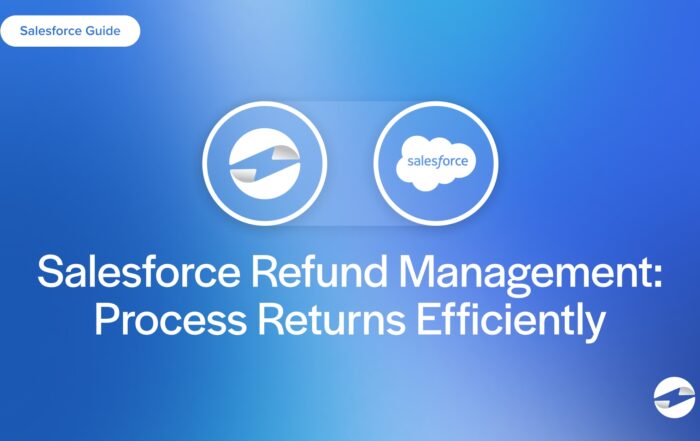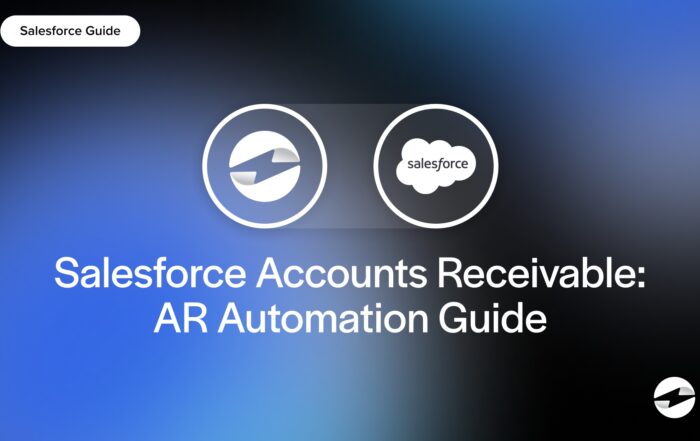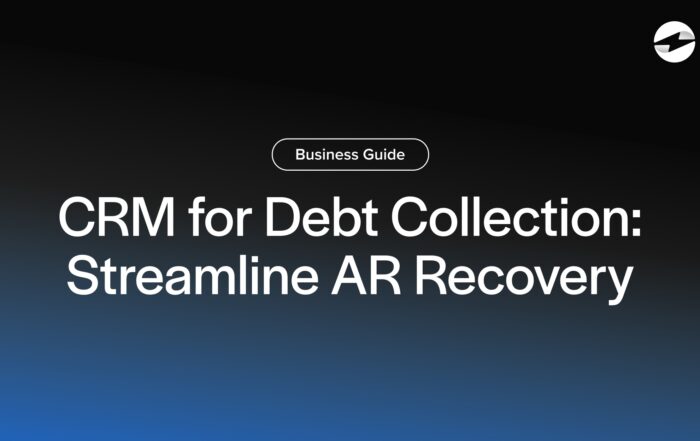What is a chargeback?
A chargeback is when a customer disputes a transaction with their bank or credit card company, and the funds are taken out of the merchant’s account if approved. While chargebacks protect consumers from fraud or billing errors, they can also cost businesses money.
Key Points
- Chargebacks cost businesses money. Disputed transactions pull funds from merchants, often with added fees. Too many can risk a business’s ability to process payments.
- Some customers abuse chargebacks. “Friendly fraud” happens when buyers dispute real purchases to get refunds while keeping the item. Clear receipts, fraud tools, and security checks help prevent this.
- Winning disputes requires proof. Merchants win only 20–40% of chargebacks. Strong evidence (receipts, tracking info) helps, but prevention through good customer service and clear policies is key.
Chargebacks for Merchants
How to prevent chargeback fraud
Chargeback fraud (also known as “friendly fraud”) is when a customer disputes a legitimate charge to get a refund and keep the product or service. It’s like having your cake and eating it too. If the bank sides with the customer, the business will end up losing both the payment and the product or service. Organizations on the losing end of a chargeback can expect to lose revenue and increase their expenses. To reduce the risk of this happening, businesses should:
- Use clear transaction descriptors – Make sure customers recognize your business name on their statements.
- Provide detailed invoices and receipts – Helps customers remember their purchases.
- Offer great customer service – Many chargebacks happen because customers can’t reach a business.
- Require CVV codes and AVS verification – Adds an extra layer of fraud protection.
- Use fraud detection tools – Payment processors like EBizCharge have fraud prevention features to catch suspicious transactions before they become chargebacks.
What is a chargeback fee?
When a chargeback happens, businesses lose the transaction amount and also pay a fee. Chargeback fee amounts range from $20 to $100 per dispute. Even if the merchant wins, they will still have to pay these fees, which can absolutely affect a business’s ability to process payments.
How often do merchants win chargeback disputes?
Banks often side with customers in chargeback cases, but merchants can still win disputes—especially with good evidence.
Merchant chargeback win rates are typically around 20–40%. If a merchant provides good evidence, they can overturn the chargeback. In general, higher win rates are associated with businesses that have clear policies, signed receipts, and fraud detection tools. Businesses that have lower win rates typically have a lack of documentation or slow response times. These traits make it more likely a bank will side with the customer.
The best way for merchants to win disputes is to prevent chargebacks from happening in the first place through clear communication, fraud prevention, and fast customer service.
Chargebacks for Customers
How to file a chargeback
If you see an unauthorized charge on your statement, you can dispute it through your bank or credit card issuer.
Steps to dispute a charge:
- Check your statement – Verify the charge is incorrect or fraudulent.
- Contact the merchant – Many disputes can be resolved with the business.
- Submit a claim to your bank – If unresolved, contact your bank through their app, website, or phone.
- Provide supporting evidence – Submit receipts, emails, or other proof of the error. Chargeback response templates can be found online and are good to reference when submitting evidence.
- Wait for the investigation – The process can take several weeks or months.
How long does a chargeback take?
A chargeback doesn’t happen overnight – it goes through multiple stages:
Chargeback Timeline:
- 1–2 weeks – Customer files a dispute, and the bank reviews it.
- 1–3 months – Merchant submits evidence to dispute the claim.
- 2–3 months – The Bank investigates and makes a final decision.
The total time for a chargeback can be anywhere from 4 weeks to 3+ months, depending on its complexity.
Chargebacks are meant to protect consumers but can also be challenging for merchants. Customers should dispute responsibly, and businesses should prevent disputes in order to protect revenue.
You May Also Like
Read More
Read More
Read More



